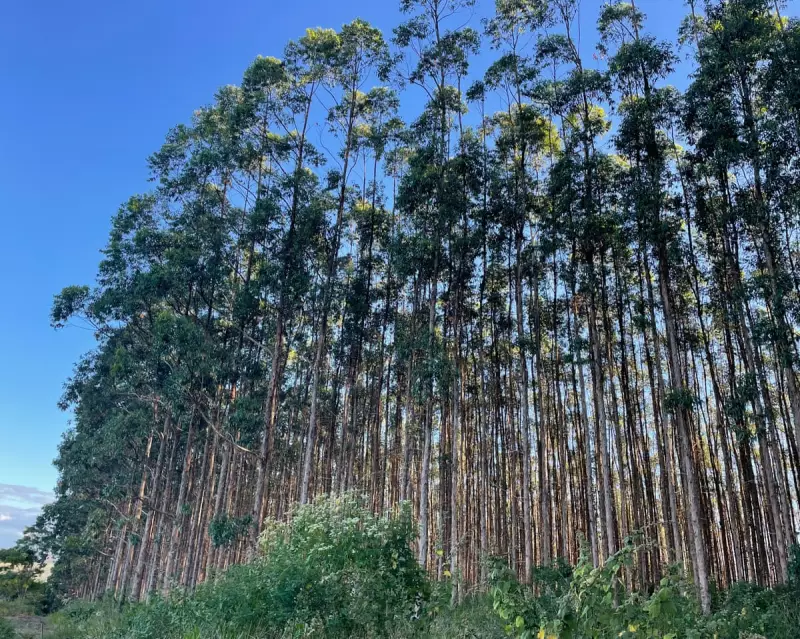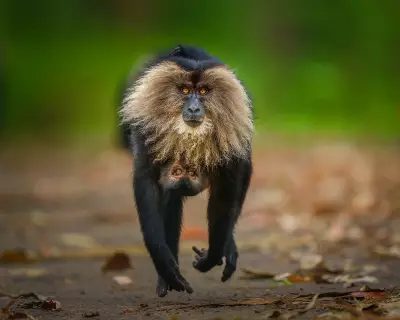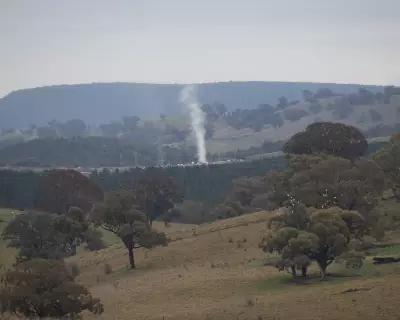
Deep in Brazil's Bahia state, a remarkable environmental struggle is unfolding. Local farmers and communities are taking on powerful corporate interests in a battle to reclaim their land from what they call the "green desert" - vast monoculture plantations of non-native eucalyptus trees.
The Silent Forests
These eucalyptus plantations, primarily operated by wood pulp giant Veracel Celulose, stretch for hundreds of kilometres, creating eerie, silent landscapes where native biodiversity once thrived. The fast-growing trees, while profitable for the pulp industry, have devastating ecological consequences.
"When you walk into these plantations, there's no life," explains local farmer Maria Silva. "No birds singing, no animals moving, just row upon row of identical trees. It's like a green desert."
Water Wars and Community Resistance
The environmental impact extends far beyond biodiversity loss. Eucalyptus trees are notorious for their high water consumption, draining local aquifers and reducing water availability for traditional farming communities.
- Water sources that once sustained entire villages have dried up
- Traditional crops can no longer grow in the depleted soil
- Chemical runoff from plantations contaminates remaining water supplies
But now, after decades of expansion, the tide may be turning. Local communities, supported by environmental organisations, are mounting increasingly effective resistance.
Seeds of Hope
Across the region, farmers are implementing innovative strategies to combat the ecological damage:
- Establishing native tree nurseries to reforest degraded areas
- Creating sustainable agricultural cooperatives
- Developing eco-tourism initiatives as alternative income sources
- Launching legal challenges against further plantation expansion
"We're not just fighting against something - we're fighting for something," says community leader João Santos. "We're fighting for our way of life, for our children's future, and for the land that sustains us."
Corporate Response and Sustainable Solutions
Veracel Celulose, a joint venture between Swedish-Finnish company Stora Enso and Brazilian firm Suzano, has begun responding to the growing pressure. The company points to its certification from the Forest Stewardship Council and claims to be implementing more sustainable practices.
However, local communities remain sceptical, arguing that true sustainability requires a fundamental shift away from large-scale monoculture toward diversified, ecologically responsible land use.
The battle in Bahia represents a microcosm of a global struggle - the tension between industrial-scale resource extraction and community-led environmental stewardship. As climate change intensifies, the outcome of conflicts like these will shape not just local landscapes, but the future of sustainable development worldwide.
What happens in Brazil's green deserts today may well determine whether tomorrow's forests are vibrant, living ecosystems or silent, corporate-controlled plantations.





